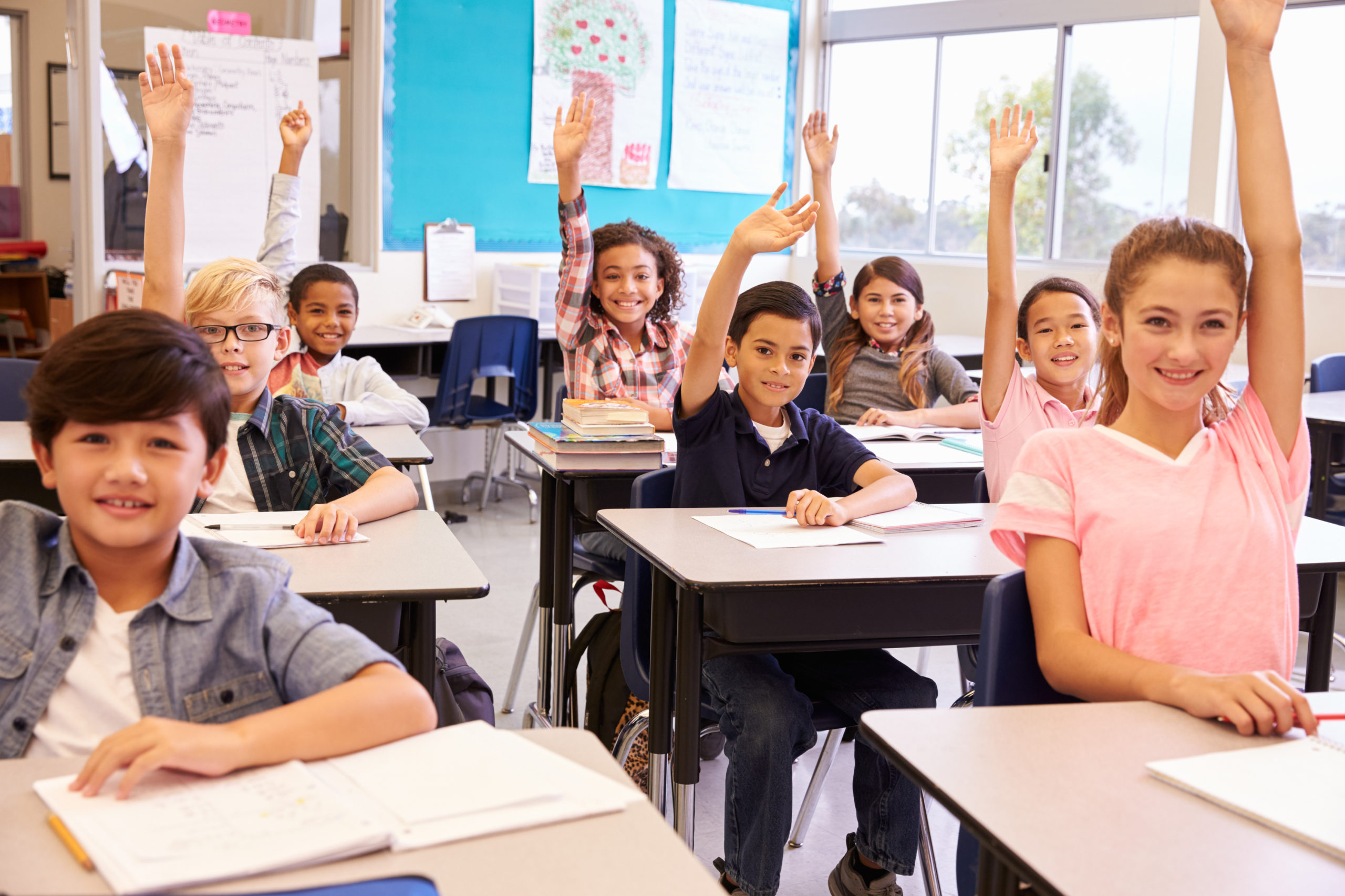Discover the Conveniences of Advocacy: Save Temecula Schools
Discover the Conveniences of Advocacy: Save Temecula Schools
Blog Article
Understanding the Relevance of Schools in Child Development and Area Growth
Schools act as essential establishments for child development and area development, giving environments where academic success are enhanced by the cultivation of social abilities and direct exposure to varied viewpoints. These academic setups not just promote vital reasoning and reliable communication but also foster compassion via joint jobs. Schools' interaction with neighborhood areas with service-learning initiatives enhances the bond in between family members and instructional organizations. This cooperative partnership emphasizes the relevance of colleges in nurturing active citizenship and lifelong discovering habits. Nevertheless, what are the details mechanisms by which these establishments accomplish such profound influences?
Academic Accomplishment
Academic success serves as a cornerstone of kid advancement, giving the foundation whereupon future learning and success are constructed. Institutions play a pivotal function in cultivating this scholastic growth, using organized environments where kids can acquire important understanding and cognitive skills. Standard educational program make certain that trainees gain efficiency in core topics such as maths, scientific research, and language arts, which are essential for both college and expert opportunities.
Along with passing on fundamental scholastic abilities, colleges additionally grow essential thinking, analytic abilities, and intellectual interest. These cognitive competencies are vital for browsing intricate real-world circumstances and adjusting to the ever-evolving needs of the modern workplace. Teachers, as facilitators of knowing, employ varied instructional methods to satisfy varied discovering designs, therefore making best use of specific trainee possibility.
Additionally, scholastic success is closely connected to self-worth and inspiration. Children who experience academic achievements are more probable to create a favorable self-concept and a long-lasting passion for discovering. Colleges also offer numerous resources, such as libraries and modern technology, which additionally enhance the educational experience and prepare pupils for a technologically innovative society.
Social Ability Development
Beyond scholastic success, the duty of institutions in social skill advancement is important. Schools offer as a primary venue for youngsters to discover and practice crucial social skills such as teamwork, interaction, and conflict resolution. In the structured setting of a class, students interact with peers, instructors, and various other school personnel, offering countless opportunities to develop these essential capabilities.
Efficient social ability growth in colleges is promoted with group activities, collaborative jobs, and extracurricular programs. These communications aid trainees recognize social norms, construct compassion, and cultivate a sense of neighborhood. Group projects educate students exactly how to work with each other in the direction of a common goal, listen to different perspectives, and navigate arguments constructively.

The growing of social abilities throughout school years lays a foundation for future individual and professional partnerships. Save Temecula Schools. As pupils develop, the capacity to efficiently collaborate and communicate ends up being progressively vital, underscoring the school's crucial role in all natural youngster advancement
Exposure to Variety
Exposure to diversity in colleges is essential to cultivating an inclusive attitude and expanding trainees' Learn More perspectives. Schools work as a microcosm of the broader culture, and running into varied societies, languages, and socioeconomic histories within this setting gears up students with necessary skills for navigating a progressively globalized world. This direct exposure motivates empathy, reduces bias, and promotes common regard among peers.
Study suggests that trainees who engage with peers from varied histories display far better analytic skills and creative thinking. This understanding of diversity prepares pupils for future work environments that worth multicultural skills - Save Temecula Schools.

Area Engagement
The advantages of diverse classrooms prolong beyond the institution walls, fostering a solid sense of area involvement among trainees. By connecting with peers from numerous social, socioeconomic, and ethnic backgrounds, students obtain a more comprehensive viewpoint and a recognition for variety. This direct exposure motivates them to become active people that want to contribute positively to their neighborhoods.
Colleges that emphasize neighborhood engagement frequently incorporate service-learning tasks, which allow students to attend to real-world problems learn this here now while using scholastic skills. These tasks not only boost trainees' understanding of their coursework however also instill a sense of duty and compassion. Collaborations in between institutions and regional organizations supply pupils with opportunities to get involved in area occasions, additionally strengthening their duty as aggressive area members - Save Temecula Schools.
Furthermore, adult and area participation in institutions strengthens the bond between instructional institutions and the neighborhoods they offer. Via these efforts, schools play a critical role in supporting area interaction and promoting societal development.
Lifelong Learning Practices
Establishing long-lasting discovering routines is vital for a youngster's continuous growth and versatility in an ever-changing world. Colleges play a critical duty in instilling these routines by developing an environment that cultivates inquisitiveness, essential reasoning, and a love for knowledge. With diverse curricula and after-school activities, instructors urge students to discover different subjects, evaluate information critically, and use their finding out to real-world situations.

Furthermore, schools provide an organized atmosphere where youngsters can establish self-control and time management skills, both of which are critical for continual understanding. By stressing the value of setting goals, reflecting on development, and adjusting techniques, universities prepare trainees to browse the complexities of adult life, ensuring they remain lifelong students and factors to culture.
Final Thought
In conclusion, schools are essential in cultivating youngster advancement and area growth by giving atmospheres conducive to scholastic success, social ability growth, and exposure to variety. Eventually, institutions cultivate lifelong knowing practices, furnishing people with the needed expertise and skills to add favorably to society.
In the structured environment of a class, trainees connect with peers, Source instructors, and other school team, using countless possibilities to create these essential capabilities.
In essence, exposure to variety within colleges not just enriches private pupils however additionally reinforces the social fabric of the community as a whole.
The advantages of diverse classrooms prolong past the college walls, cultivating a solid sense of community involvement among pupils.Schools that emphasize community engagement often incorporate service-learning projects, which enable students to address real-world troubles while applying scholastic skills. Collaborations in between colleges and neighborhood organizations offer students with possibilities to take part in area events, further strengthening their function as aggressive neighborhood participants.
Report this page